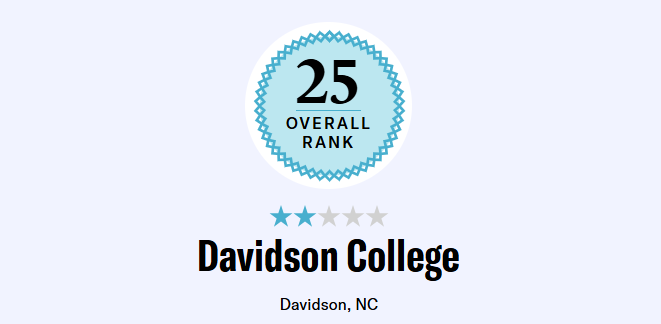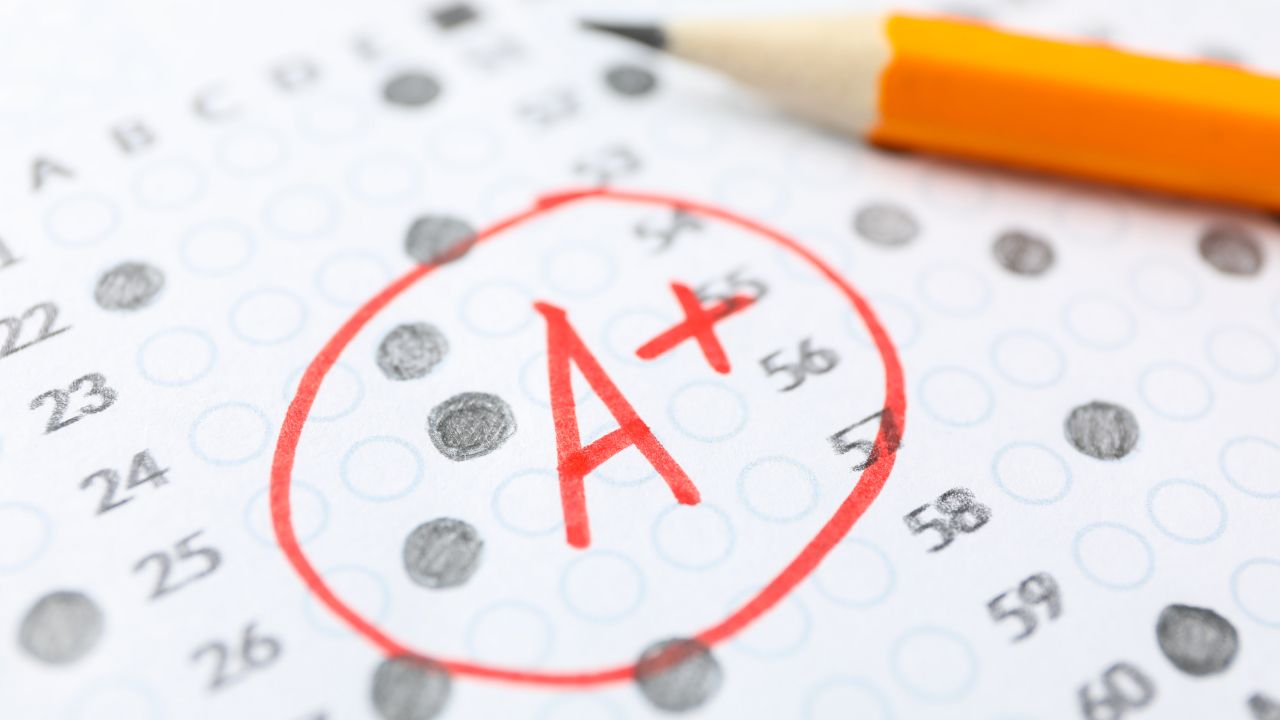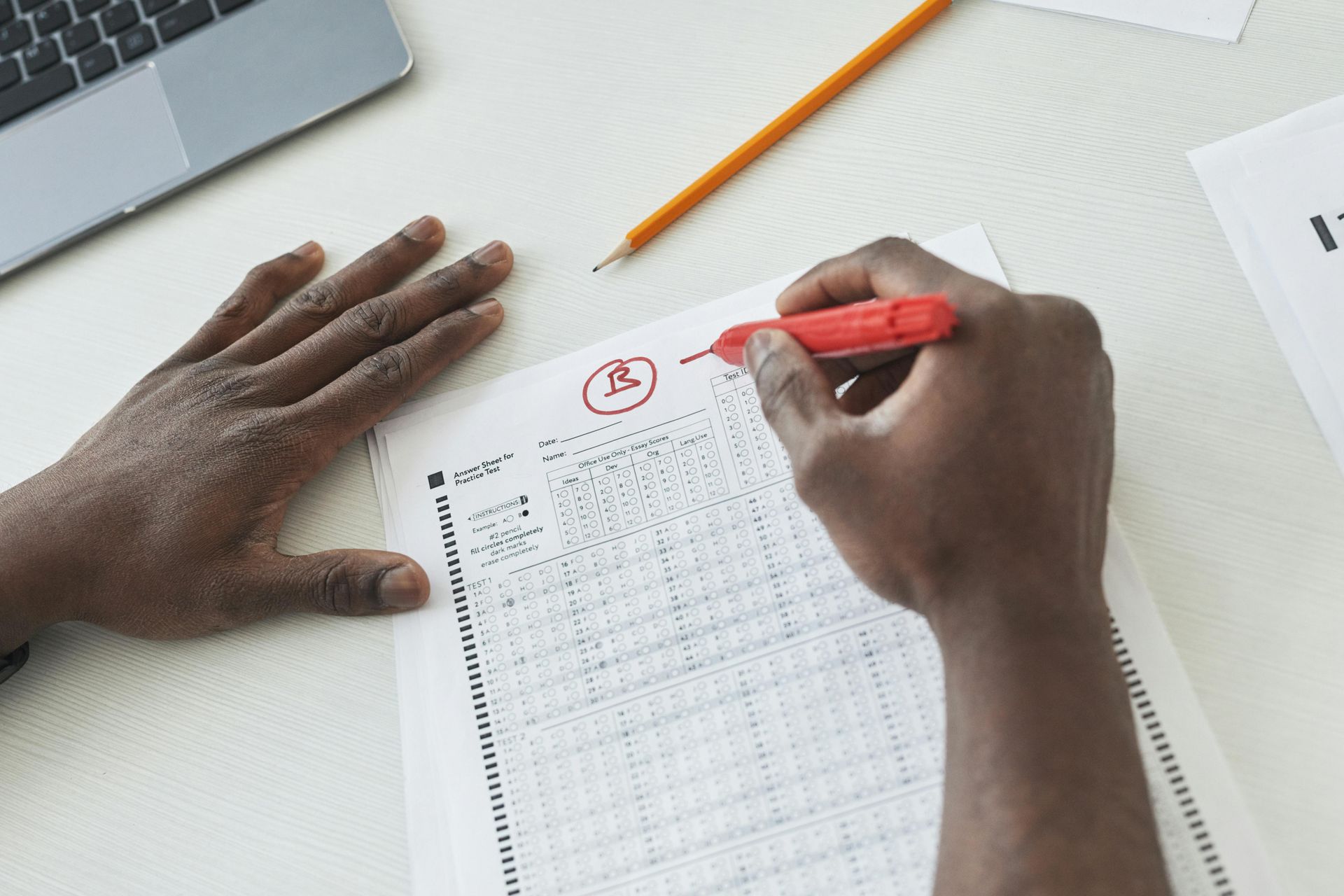From “Inclusion” to “Belonging” Reformers must oppose DEI’s latest existential standard.

By Adam Ellwanger
The James G. Martin Center for Academic Renewal
October 18, 2023
The manipulation of language is an ongoing strategy for disrupting the traditional values and beliefs of American society. Across the broader Western world, cultural revolutionaries wage a relentless campaign to change the vocabulary of everyday citizens, claiming for themselves a sovereign right to police violations of the new nomenclature. “Prostitution” has become “sex work.” “Illegal immigrants” have become “migrant workers.” Sex differences have been eclipsed by talk of “gender identity.” These changes are often spearheaded by activists in our universities.
Such constant changes ensure that regular Americans are often uncertain about which words are acceptable in polite society and which have been deemed crimethink. This uncertainty makes everyday people more reticent to participate in public discourse, fearful that they might give offense or come off as uninformed. Fearfulness, in turn, incentivizes silence among those who might otherwise be effective critics of the agenda of radicals on the political left. That’s part of the plan.
Although it’s almost impossible to keep track of all the new terminology, one recent linguistic manipulation poses a particularly serious threat to our institutions. To what example of Newspeak do I refer? “Belonging.”
In higher education, the concept of belonging is the most recent addition to the hodge-podge of aspirational ideals—“diversity,” “equity,” “access,” and “inclusion”—that displace the true mission of our colleges and universities. But employers in the corporate world are also increasingly concerned with belonging. Before explaining why belonging is a rhetorical Trojan Horse, it is helpful to provide some instances of how the term is used in the wild.
The “Diversity and Inclusion” portion of Cornell University’s website offers a handy definition of “belonging”: Belonging is the feeling of security and support when there is a sense of acceptance, inclusion, and identity for a member of a certain group. It is when an individual can bring their authentic self to work. When employees feel like they don’t belong at work, their performance and their personal lives suffer. Creating genuine feelings of belonging for all is a critical factor in improving engagement and performance. It also helps support business goals.
A few things in this definition bear closer attention. First, notice that belonging seems to be a wholly internal, subjective, individual experience. Cornell’s account admits that belonging amounts to a “feeling” and a “sense of acceptance.”
Secondly, note that Cornell isn’t concerned with feelings of belonging (or lack thereof) for just anyone. That is, they aren’t concerned with whether a random individual feels like she “belongs” among the university athletes, or whether one feels as though one belongs among one’s fellow suitemates in the residence hall. Rather, Cornell is interested in belonging only when it comes to acceptance based on one’s “identity” and “member[ship] [in] a certain group.” This is vague language, but make no mistake: Cornell is referring to the categories of individual identity that are presently fetishized on campus: race, sex, gender, sexual orientation, and (non-Judeo-Christian) religious faith. In short, the university is concerned with belonging only when it comes to some students—the ones who are members of minority cultures of political import for the left.
Finally, notice that Cornell takes an interior phenomenon (belonging) and saddles others with the responsibility for making some individuals feel it. In other words, if someone doesn’t feel like he or she belongs, the school assumes this is due to some failing of the institution or the people who inhabit it.
It is true that Cornell’s definition focuses on the importance of belonging in the workplace. This is a surprise, perhaps, since it seems more likely that the university’s concern would be with student well-being. Rest assured, the text that follows clarifies that the sense of belonging among students is a critical factor for retention and academic performance. The “Belonging at Cornell” grant program, originally limited to faculty and staff, has recently been expanded to include students from “diverse backgrounds and life experiences.”
But college campuses aren’t the only places to encounter a concern with belonging: It is rapidly moving into the world of work in general. The Harvard Business Review has stressed the importance of belonging when it comes to maximizing individual performance and institutional efficiency. Forbes magazine has also noted belonging’s role in professional life, emphasizing that a precondition for a sense of personal belonging is an individual commitment to “be[ing] authentic.” This connection to personal authenticity is a common insight mentioned by Cornell and others, as well. CNN explains that “belonging” is a critical measure of personal well-being.
Psychology Today regularly reminds readers of the existential stakes of belonging, in articles that are almost always penned by a female holder of a Ph.D. This underscores the feminine sensitivity—a therapeutic sentimentalism—that has come to define human interaction in institutional spaces (especially academia). What’s wrong with the therapeutic outlook? Not only does it excuse the shortcomings of individual performance, it does so by encouraging people to see themselves as victims of spiritual abuse at the hands of the larger community. This suggests that not feeling a sense of belonging is a social injustice—one that can be resolved only through rituals of institutional penance that come in the form of more DEI training, aggressive affirmative action, and the celebration and promotion of minoritarian identities that are purportedly “otherized.” In short, the efforts that institutions take to remediate a lack of belonging merely enable the victim mentality that is so useful when it comes to advancing radical social reforms.
But an important question remains: Why did we need to add belonging to the litany of other therapeutic aspirations? Isn’t belonging implied by the terms diversity, access, and inclusion? Yes and no. Another Forbes article warns that belonging is “key” to the success of DEI (diversity, equity, and inclusion) initiatives. That insight is correct, but not for the reasons mentioned by Forbes.
For a long time, belonging was the unstated aim of DEI initiatives. But recently, “belonging” had to be separated and emphasized for political reasons. This happened because leftist ideologues slowly realized that diversity, inclusion, and access—conceptually vague as they are—are all things that can be measured. When “diversity” is merely taken to mean the satisfaction of arbitrary numerical standards for the representation of certain identity groups (e.g., blacks, Hispanics, gays, women, etc.), it is easy to show when it has been achieved. “Inclusion” is similarly measurable, as is “access.” The demonstrability of these qualities created a problem when it became clear that even a diverse, inclusive, and accessible institution might not result in perfect equity (in the narrow, dogmatic sense that is embraced by true believers in wokeism).
“Belonging” serves as an elegant, ingenious solution to this problem. How can one measure belonging? You can ask individuals to assign a numerical value to how much they feel like they belong, but those numbers won’t tell us anything. What one person means by reporting his sense of belonging as a “7” may not be what another means by the same number. As illustrated above, there are psychological and institutional incentives for individuals to say they don’t feel as if they belong.
More than that, though, belonging is a metaphysical experience that cannot be quantified. It’s a transcendent, abstract quality—one that is often more dependent on one’s personal outlook and habits of thought than it is on any structural shortcomings of the communities to which the individual is joined.
In the very recent past, it was enough for an institution to be accessible, diverse, and inclusive. Belonging represents an even higher standard. Students might not feel as if they belong—even in a diverse, inclusive setting. By taking an immeasurable mental feeling and setting it up as the measure of institutional justice and effectiveness, and by placing the responsibility for securing a sense of belonging with the community rather than the individual, the Left establishes a political ideal that can never be met: total belonging felt by every member of the community. As long as that impossible goal remains unmet (and undemonstrated), our cultural revolutionaries have a readymade justification for fundamentally transforming the campus, the workplace, the family, the church, and national identity writ large, forever.
Ultimately, the best way to feel like you belong in any community is to assimilate to its values, beliefs, traditions, and expectations. When people see you as “one of them,” they will treat you as someone who belongs to the group. That—and only that—is the way to secure an authentic sense of belonging. But the Left sees the expectation of assimilation as injustice or even bigotry. To assimilate to any standard that comes from the community at large is to betray the self—and thus to live “inauthentically.”
Thus have the priests of wokeness decided that the true cost of belonging is too high a price to pay. Instead, they work to invert the dynamics of belonging, such that institutional norms and long-held community values must be adapted or annihilated to ensure that the individual feels at home without any effort to show himself as one of the group. In this way, the responsibility for personal well-being is transferred from the individual to the collective, effectively giving countless minorities of one carte blanche to remake society in their own image. Such accommodations and concessions made to individuals who will not conform to long-standing expectations for group membership create resentment and disenfranchisement among legacy members of the community. The resulting divisions and conflict create the ideal atmosphere for the institutional Left to continue its attacks on history, tradition, and national identity.
Repelling the assault will depend in part upon our willingness to protect our communities and their traditional values from the antagonisms that are stealthily smuggled in under the auspice of “belonging.”
Adam Ellwanger is a full professor who studies rhetoric, writing, and politics at the University of Houston-Downtown.



